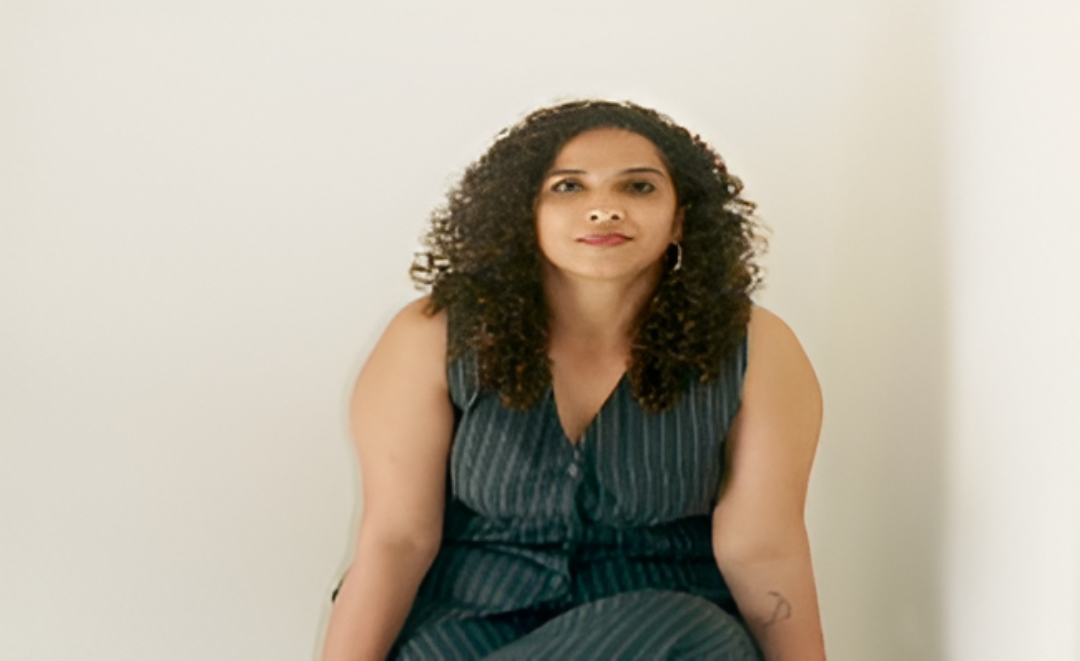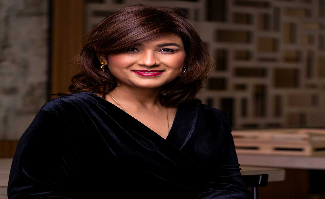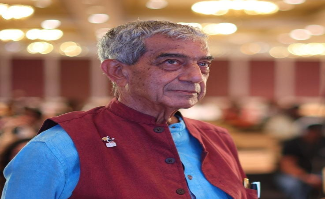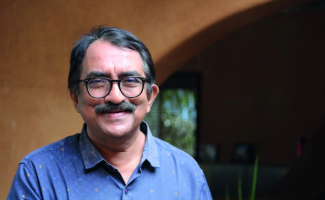From microbiology to interior design, from balancing family life to building her own design studio, Ashwini Vishnu’s journey is one of quiet strength, resilience, and creativity. In this candid conversation, she shares her story of transformation, the challenges that shaped her, and the philosophy behind her Bengaluru-based practice, Studio Ashvi.
Q: Ashwini, could you tell us about your educational background and what first drew you toward design?
Ashwini: I began my academic journey at National Public School and went on to pursue a degree in Microbiology at Mount Carmel College. Science gave me discipline and a love for detail, but my creative instincts were always alive. Eventually, I followed that calling and studied Interior Design at Exin Ltd., which marked the turning point in my professional journey. That combination of scientific training and artistic curiosity has shaped my approach to interiors in surprising ways.
Q: You were born and raised in Bengaluru. How did your upbringing influence your creativity?
Ashwini: I was fortunate to grow up in a family that was culturally rich and creatively inclined. Art and craft were part of my everyday environment, and that nurtured my natural sense of aesthetics. My parents encouraged self-expression, and that early exposure deeply influenced the way I see design today. I often think my shift from science to design was simply a return to my roots.
Q: What were some of the challenges you faced in your early journey?
Ashwini: My path wasn’t conventional. I married young and balanced family responsibilities while studying and pursuing design. Raising two daughters alongside building a career was both rewarding and challenging. For many years, I freelanced while prioritizing my family. The real breakthrough came with a 32,000 sq. ft. project, which tested every skill I had honed and gave me the conviction to start Studio Ashvi. Every delay, every detour, became part of the foundation that informs my empathetic and hands-on approach to clients today.
Q: When did you officially begin your professional design career?
Ashwini: I started working in 2006, first through internships and freelance projects, and gradually evolved into larger roles as an associate partner at a design studio. Each step helped me grow into the designer I am today.
Q: Tell us about Studio Ashvi and its design philosophy.
Ashwini: Studio Ashvi is a Bengaluru-based interior design practice I founded to create timeless, personal, and purposeful spaces. For me, design is never about just decorating a room; it’s about storytelling, context, and emotion. I bring both creativity and problem-solving into every project—ensuring spaces are beautiful, but also deeply connected to the people who live or work in them.
Q: What kind of projects does Studio Ashvi focus on?
Ashwini: We specialize in bespoke residential and boutique commercial projects. Our services range from concept development, space planning, material and finish selection, custom furniture, lighting design, styling, and project coordination. I’ve designed everything from private homes and villas to cafés, offices, curated retail, and healthcare facilities. Each project is approached with care and curiosity, always starting with listening—because design begins with understanding the client’s story.
Q: Looking back, what have been your biggest learnings—personally and professionally?
Ashwini: The biggest lesson has been to trust the process and embrace patience. My journey didn’t follow a conventional timeline, but that taught me resilience. Design, like life, unfolds layer by layer. I’ve learned the importance of empathy, of setting boundaries, of listening deeply, and of being consistent. Staying true to my instincts while remaining open to learning has been my strongest foundation.
Q: And looking ahead, what is your vision for Studio Ashvi?
Ashwini: I want Studio Ashvi to grow slowly and meaningfully, taking on projects that feel personal and purposeful. I’m especially drawn to heritage work and hospitality design, where spaces can truly tell stories. I also dream of building a strong, like-minded team, collaborating with skilled craftspeople, and eventually mentoring young designers. In the future, I’d love to create a space—physical or digital—where design, storytelling, and culture can come together naturally.








